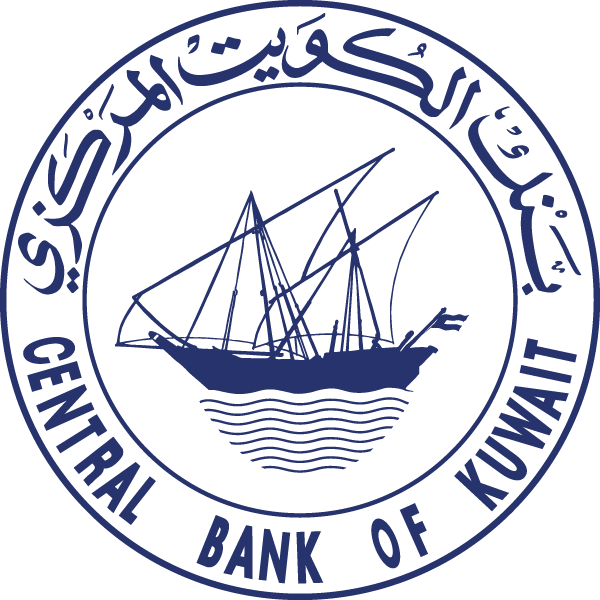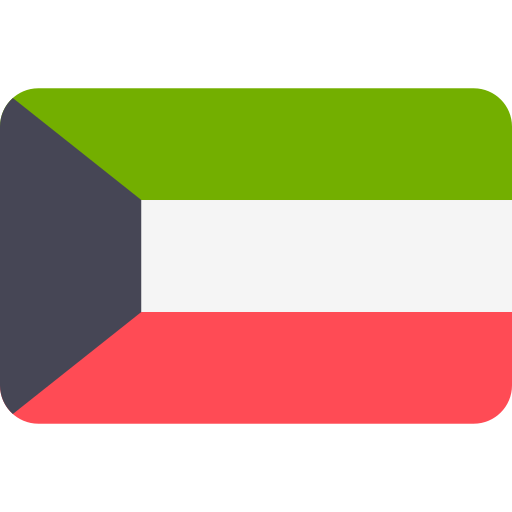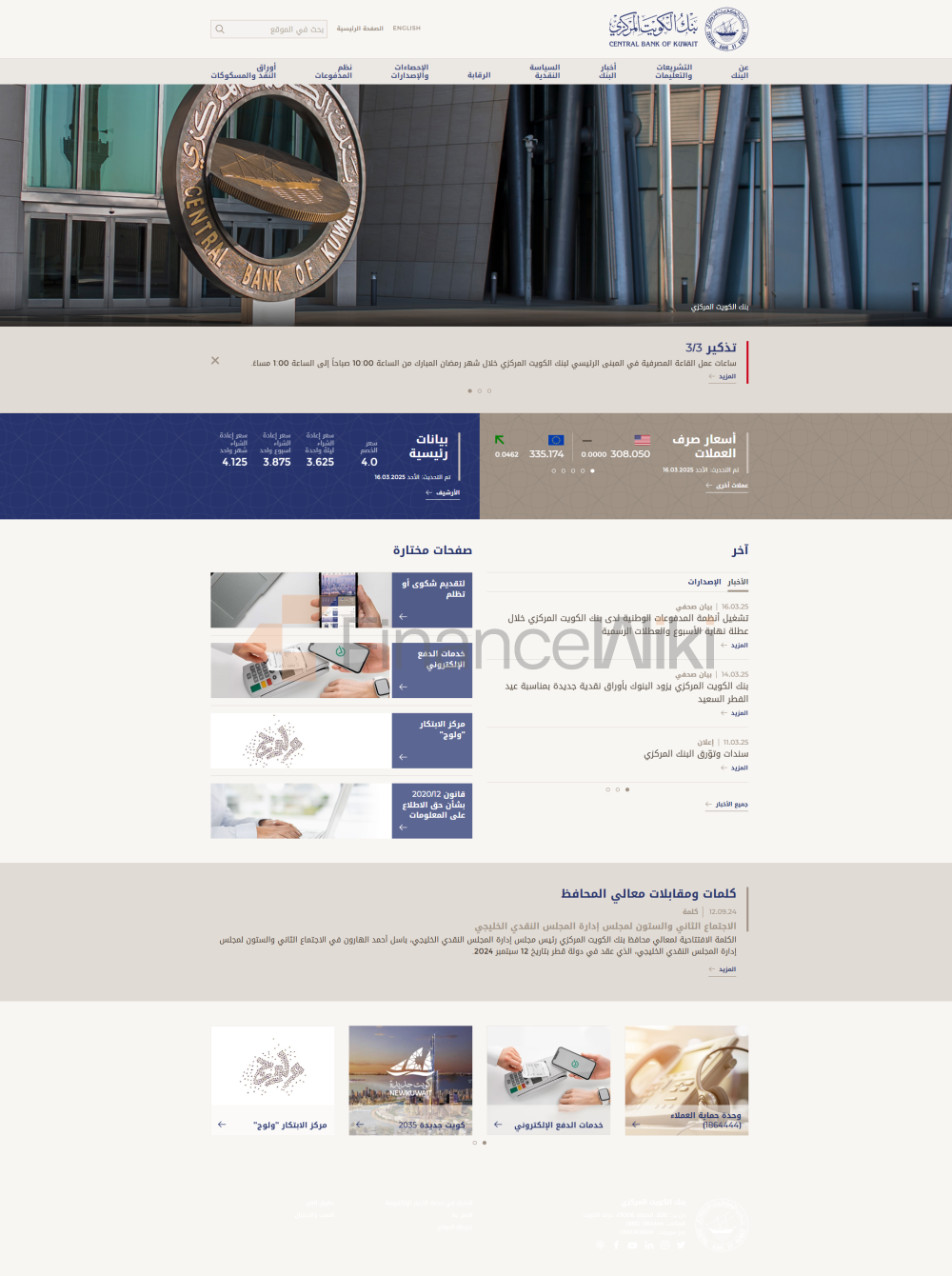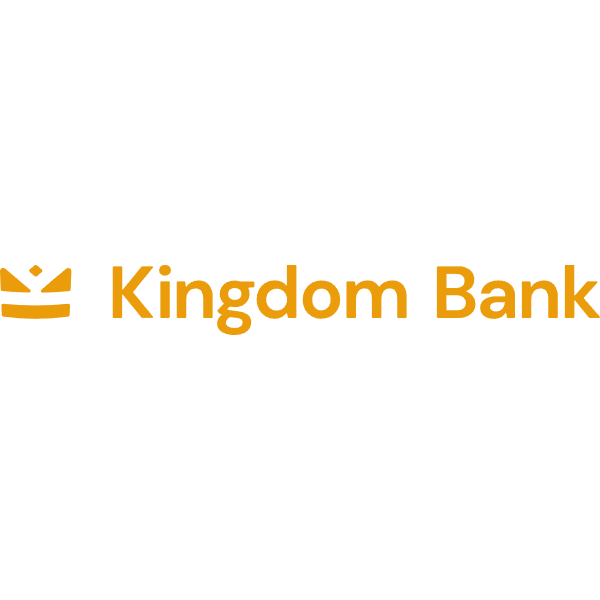The Central Bank Of Kuwait (Arabic :بنك الكويت المركزي ; English: Central Bank Of Kuwait, Referred To As CBK) Is The Central Bank Of The State Of Kuwait. It Was Established In 1969 And Is Headquartered In Kuwait City. It Is Not Only Responsible For The Exclusive Issuance Of The Kuwaiti Dinar, But Also Responsible For The Supervision Of The Securities Market Together With The Kuwait Stock Exchange (KSE), The Kuwait Ministry Of Industry And Commerce, And The Kuwait Ministry Of Finance.
History
See: History Of Kuwait
In The Year Before Kuwait Declared Independence In 1961, Kuwait Had Taken Over Judicial And Monetary Management From The United Kingdom. In The Same Year, The Emir Of Kuwait Issued Amiri Decree No. 41 Of 1960, Establishing The Kuwait Monetary Committee To Exercise The Functions Of Currency Issuance. However, The Functions Of The Kuwait Monetary Committee Are Limited To The Issuance Of Banknotes And Coins, And Do Not Have Broad Powers Like A Real Central Bank. Therefore, After Kuwait's Independence, Along With The Changing International Economic Environment, In 1968 The Emir Of Kuwait Issued Act No. 32 Of 1968, Establishing The Central Bank Of Kuwait To Replace The Original Monetary Committee And Officially Become An Institution To Exercise The Functions Of A Central Bank. On April 1 Of The Same Year, The Central Bank Of Kuwait Began To Operate. In 2003, Kuwait Established A Financial Intelligence Unit (FIU) Under The Central Bank Of Kuwait To Strengthen Its Efforts To Combat Terrorist Financing. On March 13, 2008, The Central Bank Of Kuwait Decided To Build A New Headquarters Building, And The Chinese State-owned Enterprise China Construction Third Bureau And Second Company Won The Bidding For The Project, With A Total Amount Of 406 Million US Dollars (about RMB 3 Billion). In August 2011, Corruption Broke Out In The Kuwaiti National Assembly, And Opposition Lawmaker Mousalam Barak Called For The Resignation Of Governor Salim Abdul-Aziz Al-Sabah On This Grounds. The Following Year, In March 2012, Salim Abdulaziz Al-Sabah, The 26-year-old Governor, Resigned From The Prime Minister Due To His Opposition To The Government's Perennially Excessive Fiscal Policies. Mohamed Al-Hasheel Succeeded Him As The New Governor.
Functions
The Functions Of The Central Bank Of Kuwait, As Stipulated In Law No. 32 Of 1968 Of The State Of Kuwait, Include:
- Issuing The National Currency, The Kuwaiti Dinar, And Participating In International Financial Affairs On Behalf Of The State Of Kuwait;
- Maintaining The Stability Of The Value Of The Kuwaiti Dinar And Ensuring Its Free Convertibility;
- Implementing Appropriate Credit Policies To Promote Socio-economic Growth;
- Promoting The Growth Of National Income;
- Controlling The Country's Banking System;
- Serving As An Advisor To The Government On Economic Affairs Li >
Organizational Structure
The Central Bank Of Kuwait Has A Board Of Directors As The Highest Decision-making Department. It Has Eight Members, The President Is The Ex Officio Chairperson, And Other Members Include The Deputy Governor, The Deputy Minister Of Industry And Commerce Of Kuwait, The Deputy Minister Of Finance Of Kuwait, And Four Professional Employees. Below The Board Of Directors, The President And The Deputy Governor Are Executive Officers, And Each Department Is Under The Jurisdiction Of















